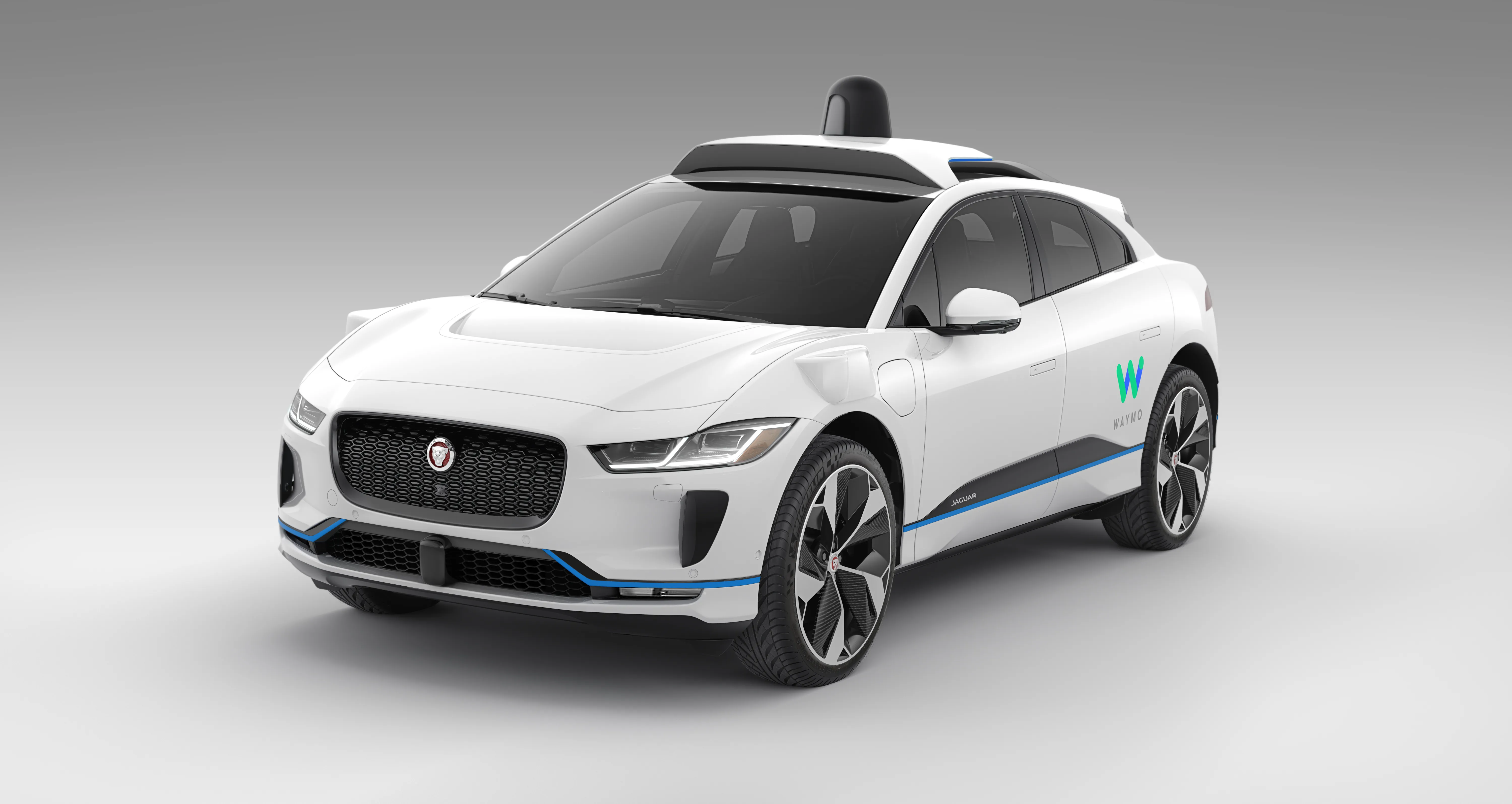China’s fifth annual Future Challenge earlier this month pitted eleven unmanned intelligent vehicles against each other on a course designed to test their capabilities in suburban and urban road tests, over a 23-kilometre course.
All of the first eight cars to finish were equipped with Velodyne’s 3D Lidar vision technology which provides active sensing for crash avoidance, driving automation and mobile road survey and mapping. Velodyne HDL-64E and HDL-32E sensors deliver 360-degree views of the car’s env
November 26, 2013
Read time: 2 mins
China’s fifth annual Future Challenge earlier this month pitted eleven unmanned intelligent vehicles against each other on a course designed to test their capabilities in suburban and urban road tests, over a 23-kilometre course.
All of the first eight cars to finish were equipped with Velodyne’s 3D Lidar vision technology which provides active sensing for crash avoidance, driving automation and mobile road survey and mapping. Velodyne HDL-64E and HDL-32E sensors deliver 360-degree views of the car’s environment, with real-time updates twenty times per second.
Cars on the course needed to demonstrate the ability to recognise light, eliminate human and vehicle interference, successfully detour around construction zones, turn around and come to a stop. All were also required to establish the ability to make a U-turn, accelerate and decelerate. Performance was graded on safety, smartness, smoothness and speed.
"This is simply a remarkable accomplishment," said Wolfgang Juchmann, PhD,2259 Velodyne Lidar director of sales and marketing. "The Future Challenge course was nothing less than demanding throughout, with terrain and tests that demonstrated Lidar’s versatility and reliability in real time. And the fact that eight of eleven vehicles were so equipped stands as a huge vote of confidence in our technology."
All of the first eight cars to finish were equipped with Velodyne’s 3D Lidar vision technology which provides active sensing for crash avoidance, driving automation and mobile road survey and mapping. Velodyne HDL-64E and HDL-32E sensors deliver 360-degree views of the car’s environment, with real-time updates twenty times per second.
Cars on the course needed to demonstrate the ability to recognise light, eliminate human and vehicle interference, successfully detour around construction zones, turn around and come to a stop. All were also required to establish the ability to make a U-turn, accelerate and decelerate. Performance was graded on safety, smartness, smoothness and speed.
"This is simply a remarkable accomplishment," said Wolfgang Juchmann, PhD,








